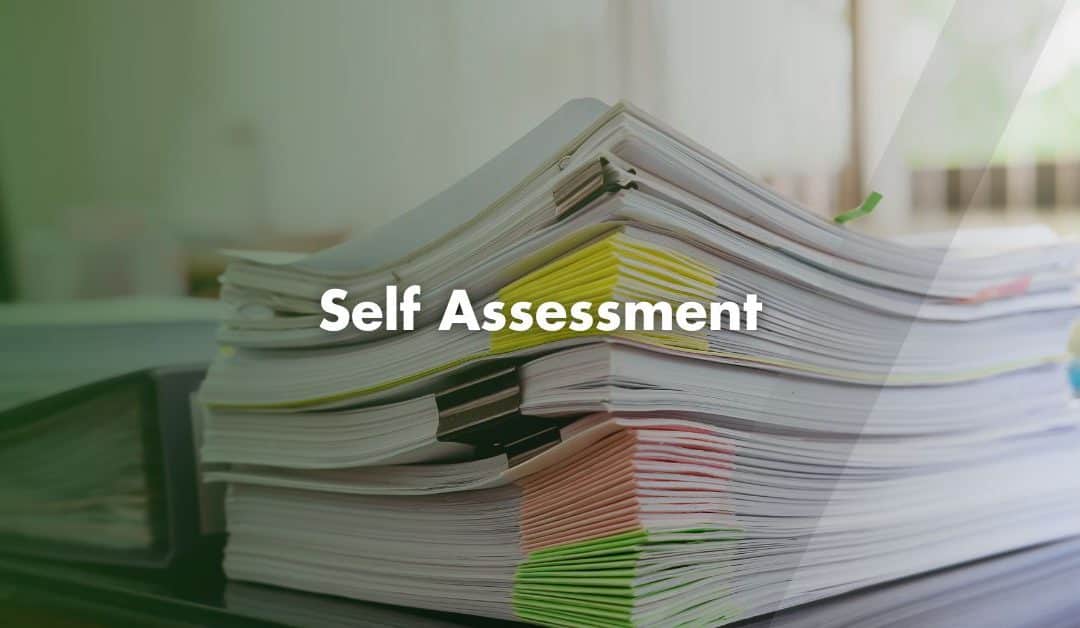HMRC uses the Self Assessment system to collect Income Tax and requires taxpayers to complete a yearly tax return. Self Assessment is for those who do not have their taxes automatically deducted from their earnings or for those with additional income sources.
Countdown to January 31, 2026:
Who Needs to File a Self Assessment Tax Return?
Self Assessment is not required for everyone but is necessary for:
- Self-employed individuals or sole traders earning more than £1,000 annually.
- Company directors, landlords and individuals earning £100,000 or more.
- Those with savings and investment income over £10,000 before tax.
- Those with foreign income.
- Those earning over £50,000 and claiming Child Benefit.
- Anyone with £2,500 or more in untaxed income, such as property rentals.
Consequently, you likely need to complete and submit a tax return each year if you fall into any of the above categories.
How to Register and Submit Your Tax Return
First, you'll need to register for Self Assessment with HMRC if you haven't already done so. This is necessary for obtaining your Unique Taxpayer Reference (UTR), after which you can gather all relevant information and manage your tax details online or via post.
This information includes: your National Insurance number, records of your income, and any relevant expenses or charitable contributions that may be tax-deductible.
Now you can choose how to file:
- Online Submission: Register online and use the HMRC Self Assessment online service to submit your tax return. You should register well in advance of the deadline, as obtaining your activation code can take a few days.
- Postal Submission: Call HMRC and request the SA100 form and send it to the designated HMRC address by the due date of 31st October for paper returns.
- If you live in the UK, you can send completed paper forms to: Self Assessment, HM Revenue and Customs, BX9 1AS
- If you live outside the UK, you can send completed paper forms to: HM Revenue and Customs, Benton Park View, Newcastle Upon Tyne, NE98 1ZZ, United Kingdom
Fill out your tax return by detailing all your income; whether it's from employment, self-employment, rental income or any investments. Additionally, report any expenses and tax reliefs you are claiming.
You must submit your Self Assessment tax return by the 31st January Deadline following the end of the tax year. If you owe tax, you must pay by the deadline to avoid any interest charges or penalties.
Deadlines and Payments
The tax year in the UK runs from 6th April to 5th April the following year. Here are the most important deadlines:
- 5th October: Deadline for registering for Self Assessment, if filing for the first time.
- 31st October: Deadline for paper tax returns.
- 31st January: Deadline for online tax returns and first payment on account.
- 31st July: Deadline for the second payment on account.
Moreover, you must remember to pay any tax owed by midnight on 31st January. You can make payments via bank transfer, direct debit or at a local bank branch using a paying-in slip from HMRC.
Payments on Account are for those who make advance payments. You must also remember that the Second Payment on Account deadline is 31st July. HMRC bases these payments on your previous year's bill and splits them into two instalments.
Penalties for Late Submission
Failing to meet the deadlines can result in the following penalties:
- A fixed penalty of £100 if your return is up to 3 months late.
- Additional daily penalties of £10 per day up to £900 for returns more than 3 months late.
- Additional penalties at 5% of the tax unpaid for payments late by 30 days, 6 months and 12 months.
Documents Needed for Completing Your Tax Return
You should prepare the following documents to ensure accuracy in your tax return:
- Your National Insurance number and UTR.
- A P60 form from your employer showing income and tax paid.
- Any P45 or P11D forms detailing employment and benefits in the tax year.
- Records of any self-employment income, savings and investments.
- Documentation of untaxed income and charitable or pension contributions that may be eligible for tax relief.
Contact Us
We are not just accountants; we are Chartered Accountants with one of the most reputable and premium accounting bodies. We are registered and regulated by ACCA; so you can rest assured that you are in good hands. Knowing this, don’t hesitate to get in touch with us if you require assistance: Pi Accountancy | Contact Us

